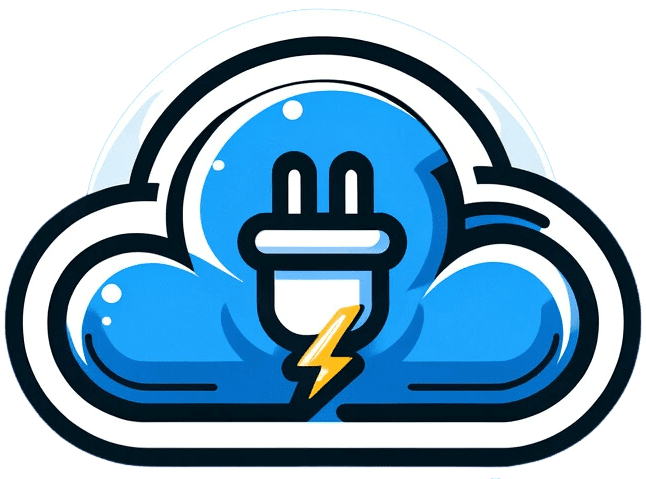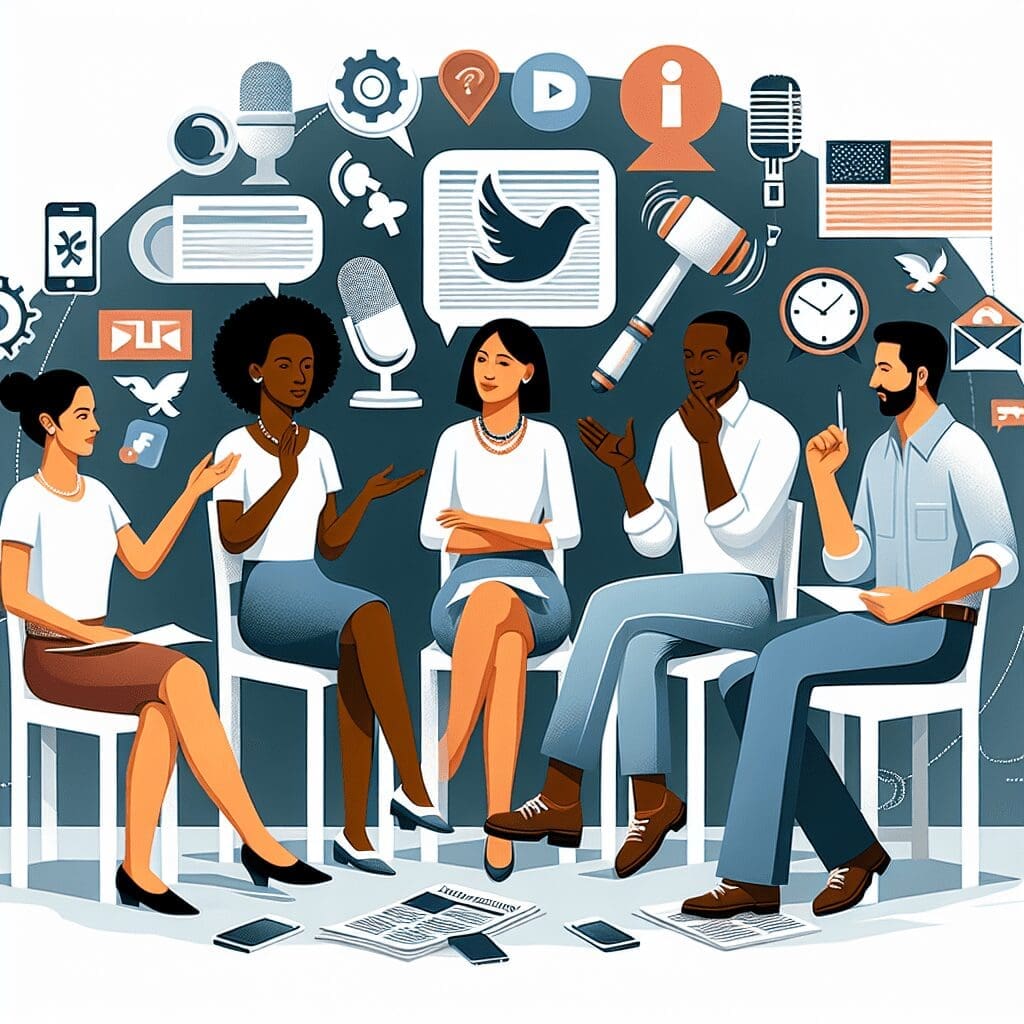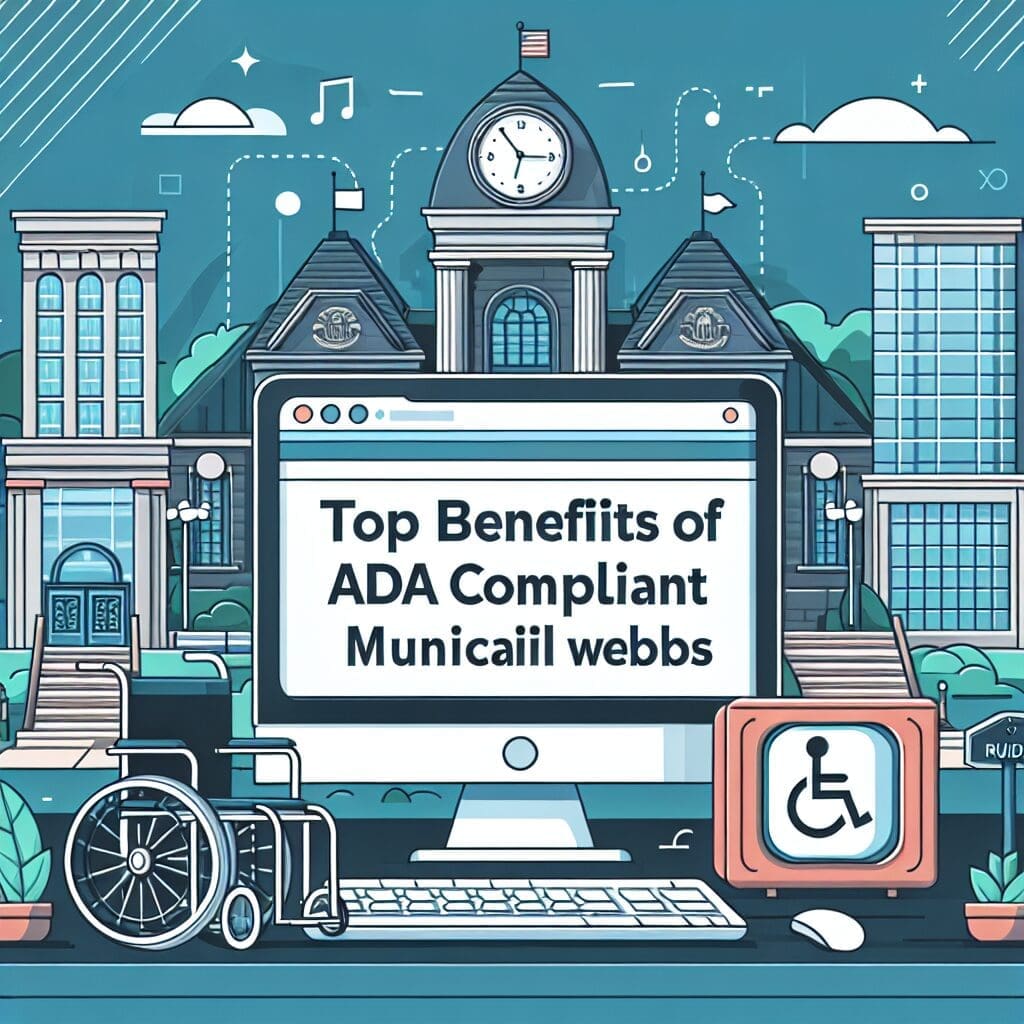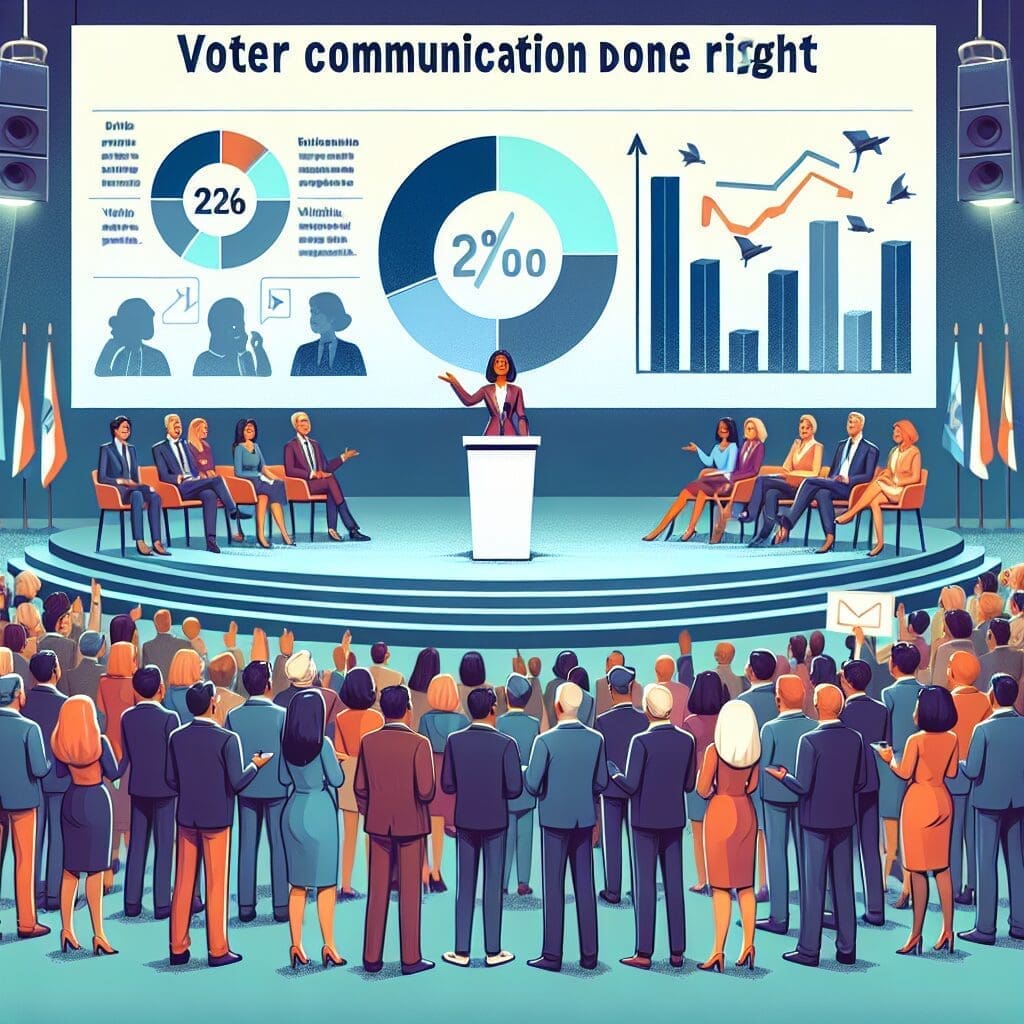Introduction: Why Voting Matters
Voting is the cornerstone of democracy, and ensuring high voter turnout is crucial to making sure that all voices are heard. Getting people to vote, however, can be challenging. Whether you’re running a campaign, working for an advocacy group, or just a concerned citizen, understanding how to effectively get out the vote (GOTV) is essential to ensuring a fair and representative election. This guide will explore key strategies and methods that you can use to boost voter participation.
1. Use Data to Identify Target Voters
https://snapsite.us/The first step in an effective GOTV campaign is identifying your target voters. Not everyone will be as motivated to vote, so it’s essential to focus your efforts on those most likely to be influenced. You can use public voter data to track previous voting habits and demographic information. Prioritize voters who:
- Have voted in previous elections but are sporadic participants
- Are first-time voters, such as newly registered or young voters
- Reside in regions where turnout has historically been low
This targeted approach allows you to optimize your resources and direct efforts where they will be most effective.
2. Engage Voters Early with Digital Marketing
In today’s digital age, leveraging social media platforms and other digital channels can be a game-changer in your GOTV campaign. Here’s how to use digital marketing effectively:
- Social Media Campaigns: Reach your audience on platforms such as Facebook, Instagram, and Twitter. Use engaging content like videos, infographics, and personal stories to connect with potential voters emotionally.
- Email Newsletters: Send timely reminders about voter registration deadlines, absentee voting, and polling station information.
- Text Messaging: Personalized SMS campaigns can help remind people about voting days or guide them to nearby polling places.
Digital marketing not only amplifies your message but also helps you engage with voters in real-time.
3. Create a Robust Ground Game
While digital marketing is critical, nothing beats personal interaction. Organize community events, neighborhood canvassing, and phone banking efforts. Volunteers and advocates can talk directly with voters, address their concerns, and help answer any questions about the voting process. Some best practices include:
- Door-to-door Canvassing: Engage voters face-to-face in their own communities.
- Phone Banking: Call voters to remind them about voting dates and answer questions about polling locations.
- Town Halls and Q&A Sessions: Offer a space where voters can ask questions about the election or candidate positions, creating more engagement and trust.
Make sure your volunteers are well-informed and prepared to answer voters’ questions.
4. Emphasize Early Voting and Absentee Voting
One of the biggest challenges in voter turnout is getting people to the polls on Election Day. Encouraging early voting and absentee voting can mitigate this problem. You can emphasize:
- Early Voting Opportunities: Remind voters that many states offer early voting options, which allow them to cast their ballots days or even weeks before Election Day.
- Absentee and Mail-In Voting: Promote absentee or mail-in voting options for those who might not be able to make it to the polls. Provide clear instructions on how to request a ballot, fill it out, and submit it on time.
Highlighting these options reduces the barriers that keep people from voting, especially those with busy schedules, transportation issues, or other obstacles.
5. Collaborate with Local Organizations
Partner with local community groups, schools, and businesses to help promote voter turnout. Many people trust their local organizations, and by working together, you can spread your message more effectively. Some ways to collaborate include:
- Voter Registration Drives: Partner with community centers, religious groups, and businesses to help register new voters.
- Offer Transportation to Polls: Work with local organizations to provide transportation to polling stations for those without access to reliable transportation.
- Public Awareness Campaigns: Spread the word through posters, flyers, and digital content distributed by local partners.
Building relationships with trusted community organizations can extend the reach of your GOTV campaign and help ensure a larger turnout.
6. Make Voting Fun and Social
Turn voting into a social event by creating a sense of excitement around it. Some creative ideas include:
- Election Day Celebrations: Organize events, like block parties or “get out the vote” rallies, on Election Day to make voting feel more like a community event.
- Peer-to-Peer Influence: Encourage supporters to bring a friend or family member to vote with them. Studies show that people are more likely to vote if they see their peers doing so.
- Social Media Sharing: Create hashtags, contests, and photo opportunities for voters to share their experience on social media. This generates a sense of collective action and can inspire others to vote.
Making voting a social and fun activity can reduce voter apathy and motivate people who may not have planned to vote.
7. Combat Misinformation
In the digital age, misinformation about elections can spread quickly, discouraging people from voting. Your GOTV efforts must include an element of combating misinformation by:
- Providing Accurate Information: Share verified information about voter registration, polling locations, and voting requirements.
- Addressing Misinformation Directly: When you encounter false or misleading information, correct it immediately with factual data and reliable sources.
- Encouraging Fact-Checking: Promote the use of official government websites and trusted news sources for election information.
A well-informed voter is more likely to participate in the election process.
Conclusion: GOTV for a Stronger Democracy
Getting out the vote requires a multifaceted approach, combining digital outreach, personal interaction, and partnerships with local organizations. By identifying your target voters, making voting accessible, and combating misinformation, you can help boost voter turnout and ensure a more representative and inclusive democracy. Start planning early, stay consistent in your efforts, and create a voting culture that emphasizes the importance of every individual’s vote.




